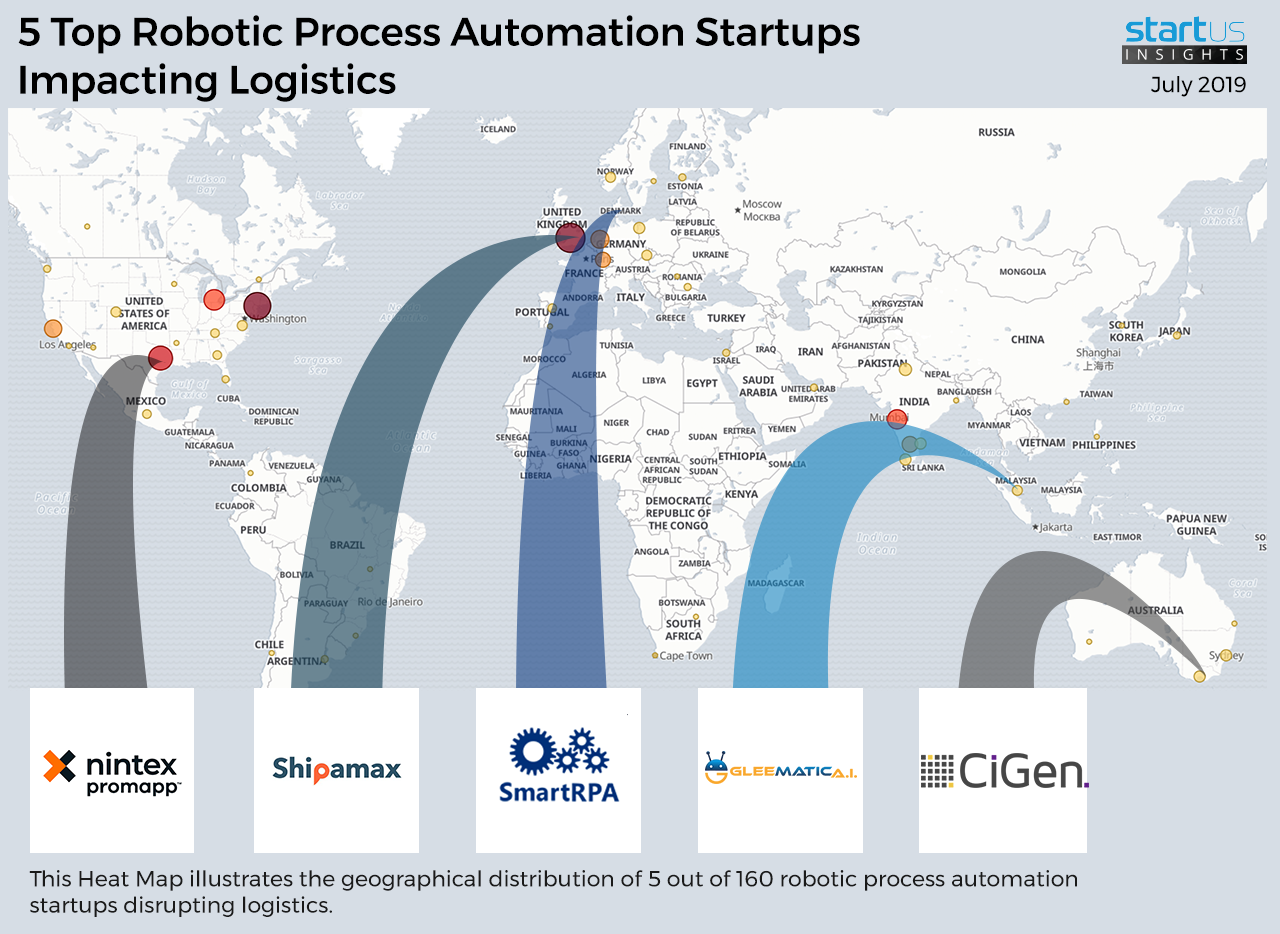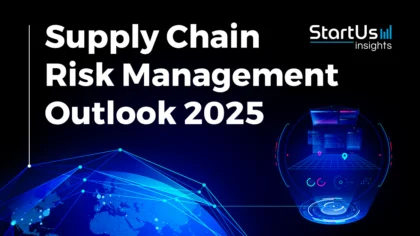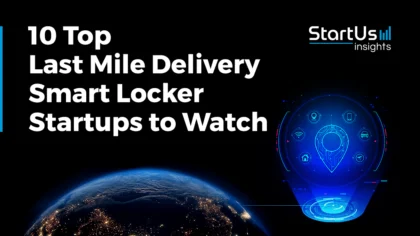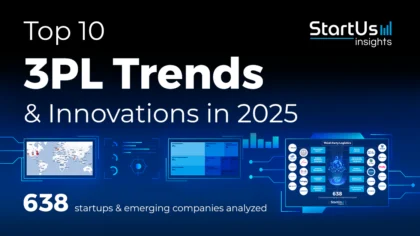Accelerate Productivity in 2025
Reignite Growth Despite the Global Slowdown
Our Innovation Analysts recently looked into emerging technologies and up-and-coming startups working on solutions for the logistics industry. As there is a large number of startups working on a wide variety of solutions, we decided to share our insights with you. This time, we are taking a look at 5 promising Robotic Process Automation (RPA) solutions.
Heat Map: 5 Top Robotic Process Automation Solutions In Logistics
For our 5 top picks, we used a data-driven startup scouting approach to identify the most relevant solutions globally. The Global Startup Heat Map below highlights 5 interesting examples out of 160 relevant solutions. Depending on your specific needs, your top picks might look entirely different.
SmartRPA – Shipment Tracking
RPA helps logistics in automating a tracking system for both shipments and vehicles. The main application enables checking and reporting shipment status to the logistics company and customers via tracking synchronization and extracting shipment details. Danish startup SmartRPA automates shipment tracking data like pick-up, reload and delivery status between any Transportation Management System (TMS) and external customers or suppliers.
Prompp – Inventory Control
Instead of manual calculations in purchasing products for logistics, RPA offers automatic inventory control. It counts the number of products that are left in the warehouse and automatically contacts vendors to sell products in case of excess inventory. American startup Prompp offers a cloud-based system that enables not only inventory control but also wasted capacity monitoring. It improves the efficiency of warehouse operations including import and export procedures.
GleeMatic – Smart Documentation
Logistics, as an industry, relies heavily on documentation, and RPA makes this process faster and with minimal errors. This application includes invoice processing, credit collections, electronic data interchange, and automatic storing of information in audit trails. Singapore-based GleeMatic uses RPA in order to achieve a three-fold increase in the speed of all transactions due to on-time, error-free documentation. Such an RPA saves companies from possible fees thanks to a time-sensitive declaration.
Shipamax – Order Processing
RPA for logistics in order processing is related to the interaction between stored data and incoming data from customers. This technology automatically records and enters data on customer profiling, payment processing, placing orders and controlling order updates. British startup Shipamax uses RPA to extract data from a company’s own emails with customers and vendors. It then prepares and structures this data for further analysis. Their RPA system also analyzes attachments of different formats and extracts that data for internal synchronization.
CiGen – Shipment Status Communication
Improving customer service is one of the core applications of RPA in logistics. It enables customers to monitor the status of their shipments and get notified about pick-up timing and possible delays by receiving automatically generated emails or messages with the order confirmation. Australian startup CiGen prepares notifications as proof of delivery and pre-payment notifications to keep clients aware of the status of shipments. They license and manage their own fleet of software robots to serve as a digital extension to an existing workforce. They automate high volume, low-frequency tasks – such as annual, quarterly or ad hoc batch processing. It enables organizations to extend their capability without increasing their headcount.
What About The Other 155 Solutions?
While we believe data is key to creating insights it can be easy to be overwhelmed by it. Our ambition is to create a comprehensive overview and provide actionable innovation intelligence for your Proof of Concept (PoC), partnership, or investment targets. The 5 startups showcased above are promising examples out of 160 we analyzed for this article. To identify the most relevant solutions based on your specific criteria and collaboration strategy, get in touch.








